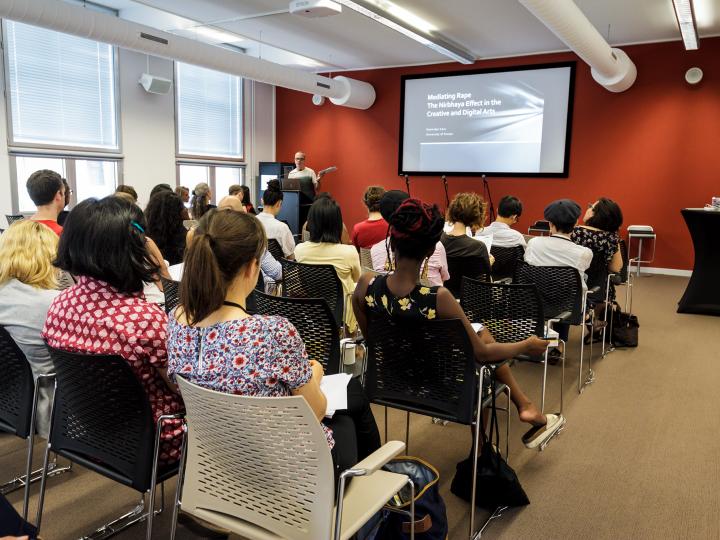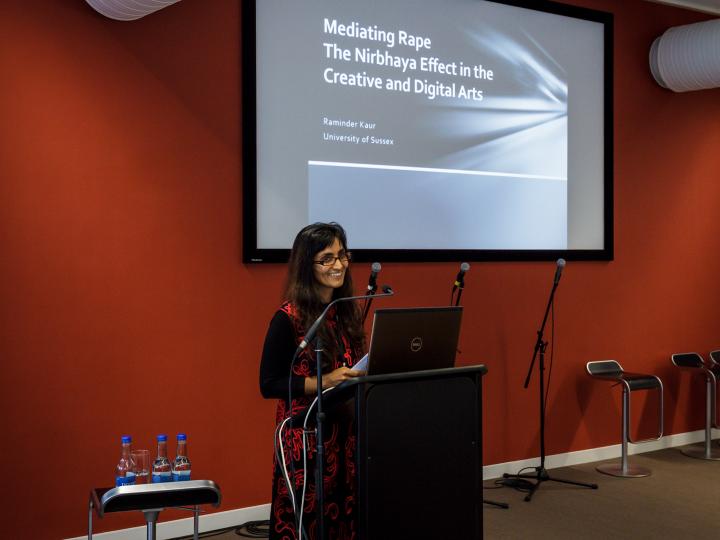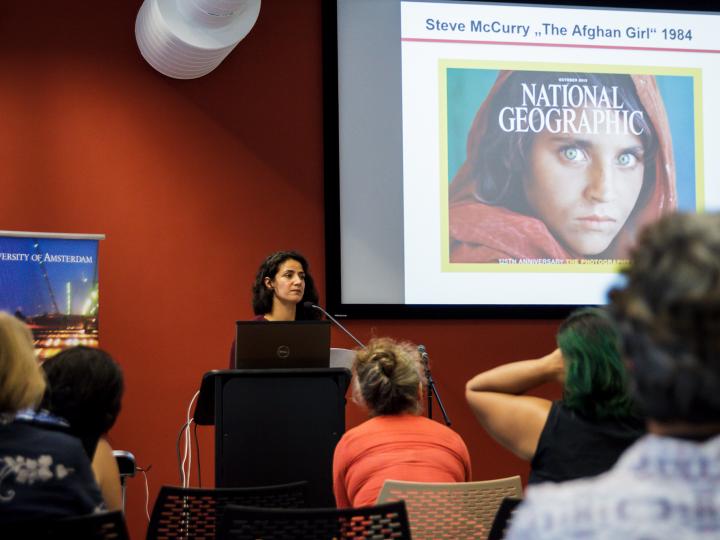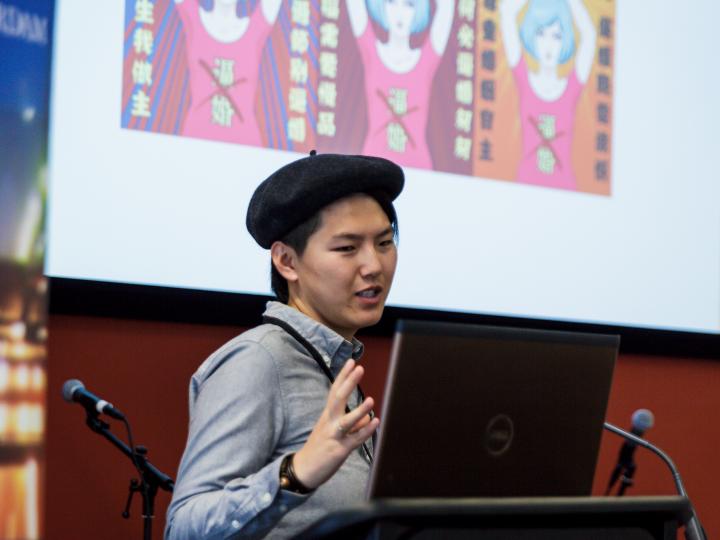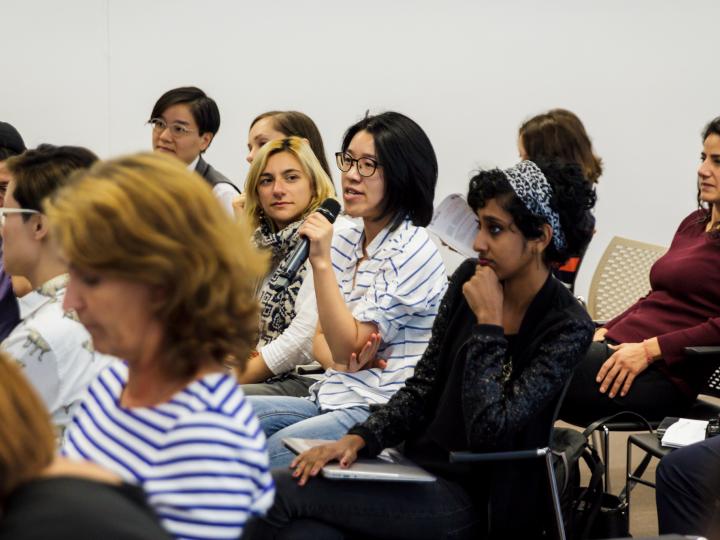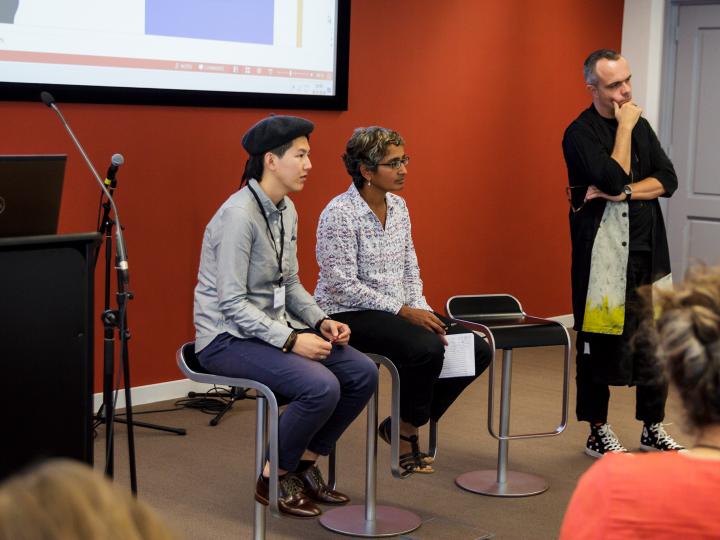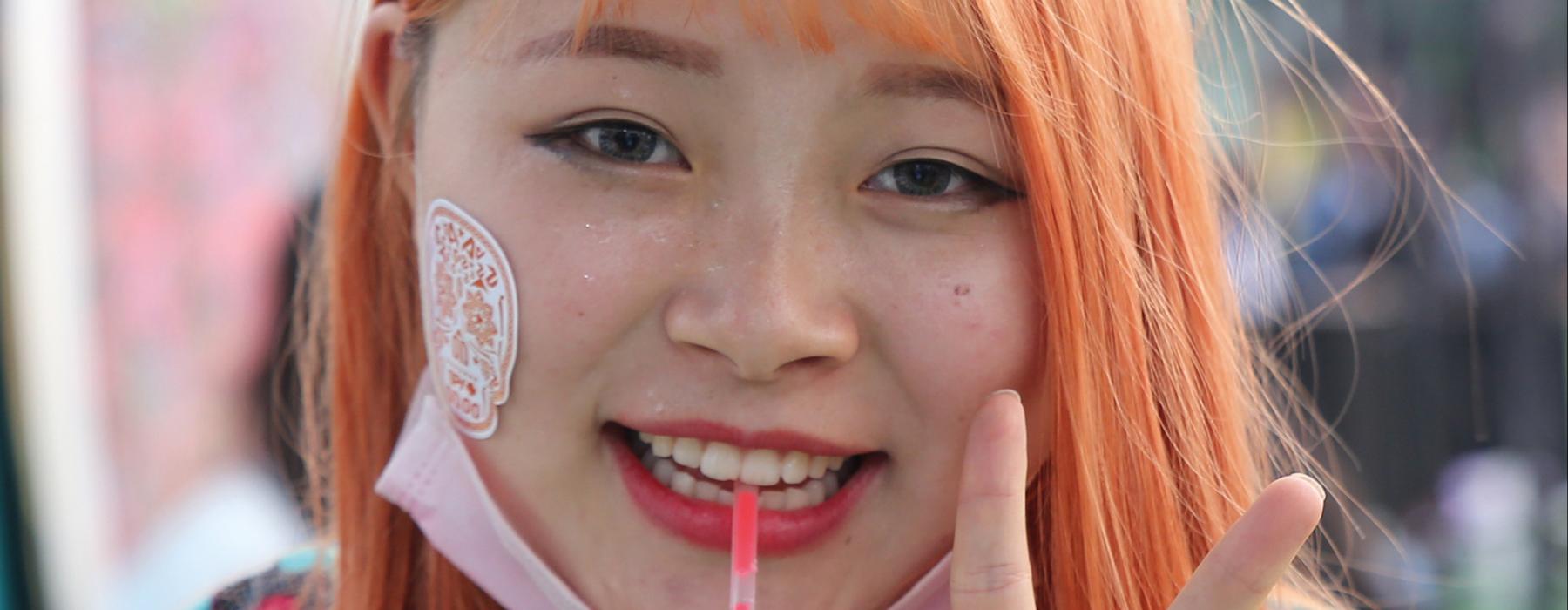
Such dynamics can be seen in the rapidly transforming cities of Delhi and Shanghai that have become a site for changing family patterns and the undoing of ‘traditional’ social contracts as a result of migration, new work opportunities, delayed marriage, divorce, open homosexuality, and a growing leisure and consumer society. Reflecting moral panics centered on discourses of ‘westernisation’ and alleged disruption of public spaces, the resulting subjectivities are precarious, marked by asymmetrical power relations. Gendered imaginaries of emancipation are therefore contested in the light of a variety of cultural practices that impact women’s multiple lifeworlds.
In Sexing the City we wish to unpack the gendered dimensions of rapid urban changes taking place today through the themes of autonomy, respectability and precarity. With our focus on Delhi and Shanghai we seek to examine how different groups face different and/or similar struggles. For example, in Delhi a female motor bike club explores new and shared forms of navigating urban space; in Shanghai, creative female workers jump from job to job braving stigmatization by the outside world as overtly ambitious and ‘left-over’ women (shengnü); in both Shanghai and Delhi, migrant women face precarity in terms of labour and in terms of romance. Moreover, queer women date gay men in China to pacify their parents’ wish for a heterosexual marriage, while the GLTBQ community in Delhi is facing legal measures against same sex practices. Sexing the City aims to unravel this proliferation of new gendered and sexed dynamics and subjectivities within recurring and persistent heteronormative discourses. It also brings a gendered focus to key debates in urban studies such as urban comparativism.
